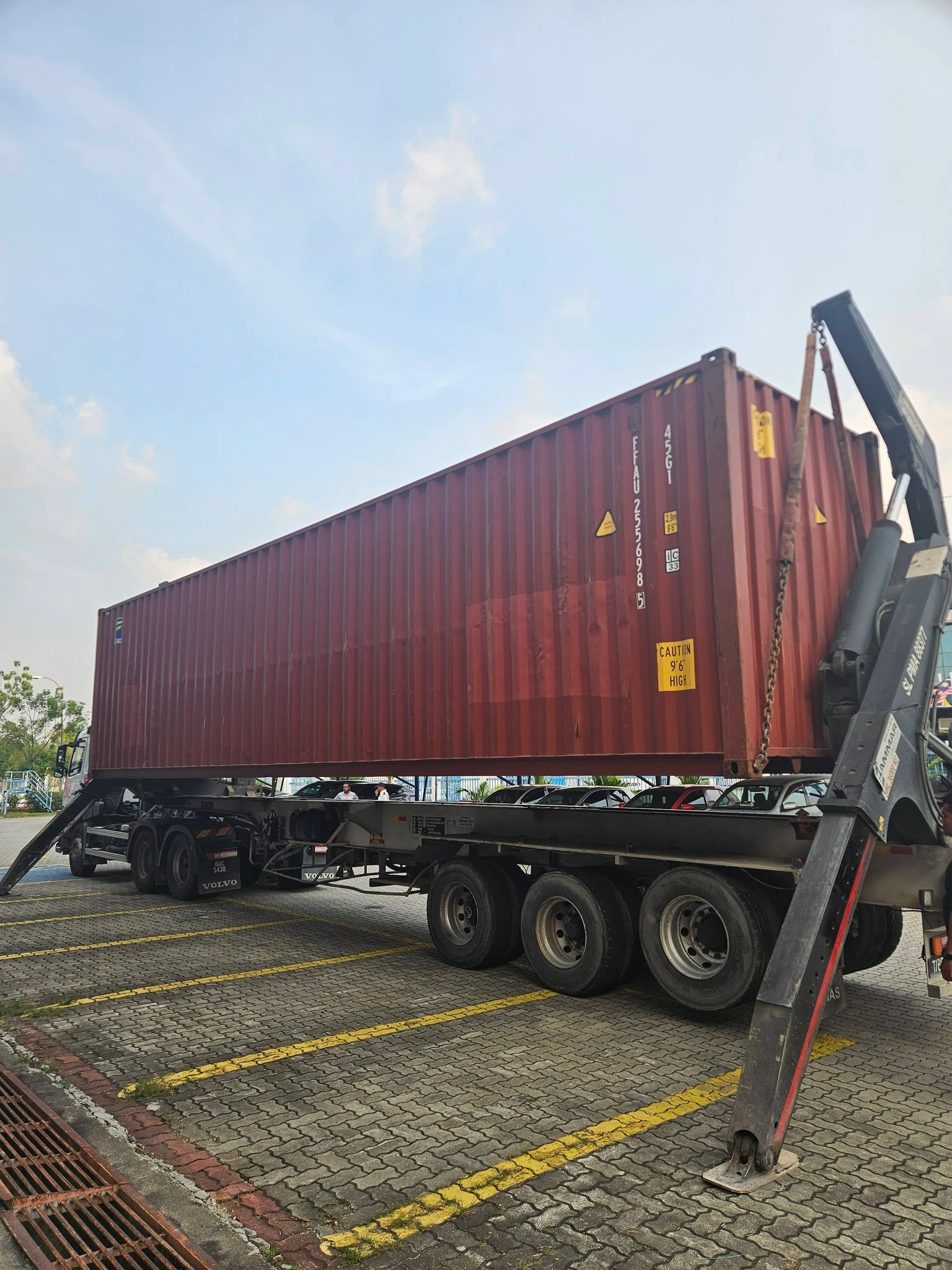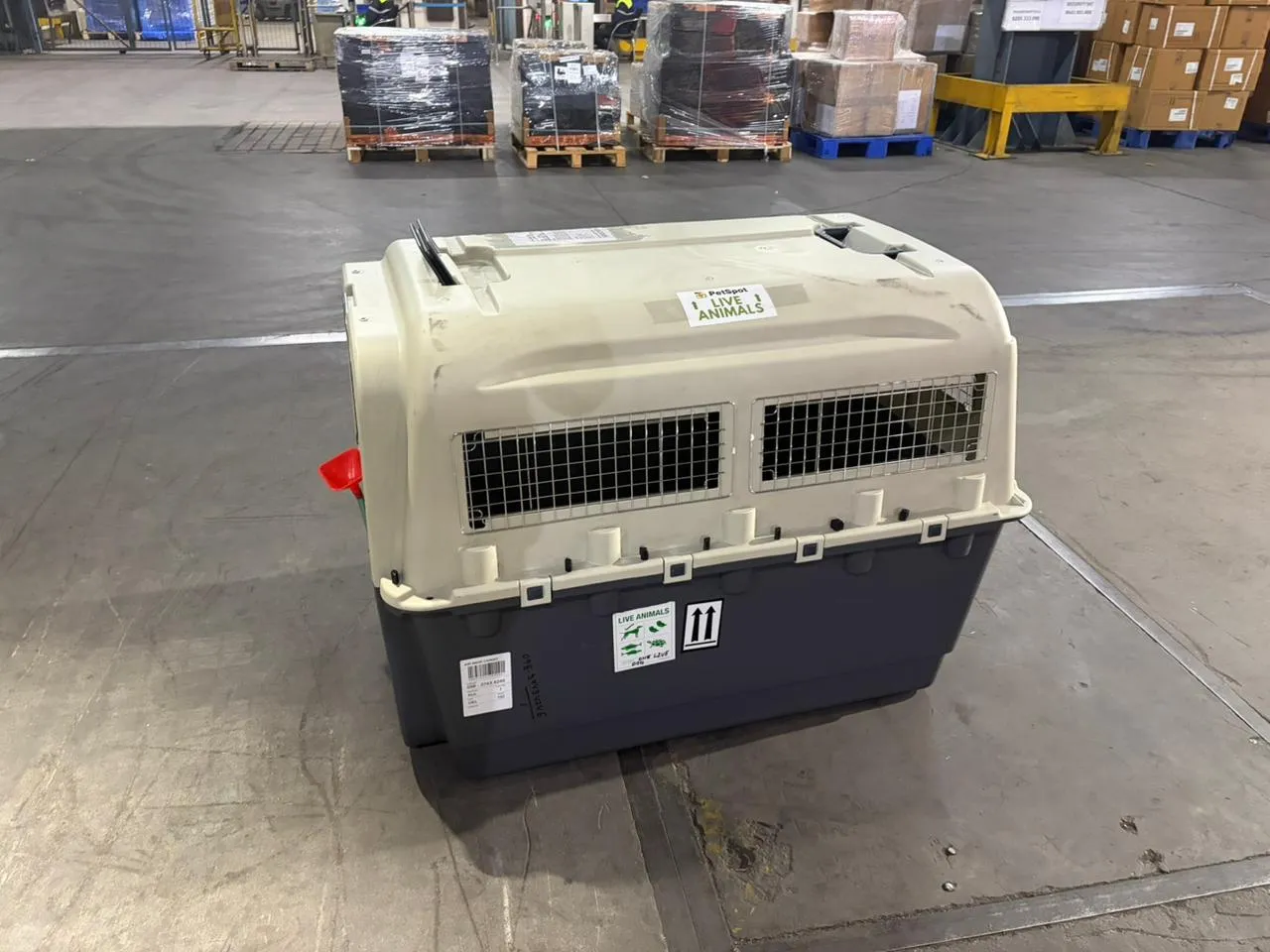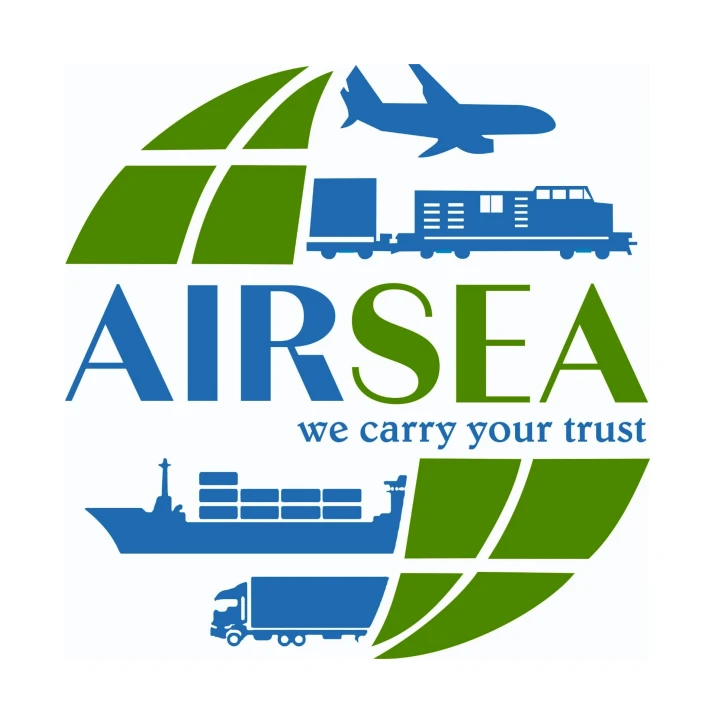Assessing a logistics company’s communications standards
Communication is probably the most basic of human social functions. Proper business communications is essential to good business functions. We take the communication skills of a firm to be as important as operational capacity and a business’s cash flow. Without it business simply won’t flow.
So what do we look for in an applicant company?
Basically, we put our eyes to three things:
1. Proactivity
2. Follow up
3. Ability
I will take these one-by-one.
Proactivity
When I am looking for a company that is proactive, I am looking for the freight forwarder who keeps their clients and agents constantly advised on all aspects of the business they have together. Their communication is not only clear, but it should be honest and transparent. The company shouldn’t have to be chased up by overseas agents as to the status of their cargo, why billing was a certain way or how a sales visit went. These type updates should be second nature to a qualified international logistics company.
Nowadays many of these issues regarding proactivity are taken care of by logistics management operating systems. You feed in information and anyone who is connected the shipment clearly has the information that they want readily available. We are light years away from when I first started out in the business and my tools included a landline telephone, an electric typewriter, a telex and a fax machine. So much is automated now, which is a great thing! But again, some companies fall into the trap of believing that they don’t need to do any more. It reminds me of the Barry Manilow song ‘Ships’ when his father says to him “we only read you when you write”. You do need to pick up the phone sometimes and add the human part of communication back to the picture. Don’t make your partner agent or your client have to tell you this needs to be done. By then they might just be talking with the girl next door.
Follow up
We also are looking for company’s who have a good record of following up. When you send a sales lead over do they confirm? When your cargo is successfully laden on board do they tell you? If there is a change of schedule are you informed? Though this seems like a no brainer, quite often you will find that this is not automatic. Again, if a company has a good operating system then the dummy work is done and the system will take care of this in most instances. But even with a good system in place there should again be the human element injected into the follow up. Beyond this, the follow up should be a team effort, especially in the sharing of information. How many times have you called or e-mailed someone only to find out they are traveling on business or are on sick leave but nobody else can help you because they aren’t familiar with the piece of business you were working on? There always needs to be a backup, and in many cases even a double back up. At bare minimum there needs to be someone who knows how to get the information you need both quickly and accurately.
Ability
Thirdly we are very concerned about communication ability in the freight world these days. English is the international business language these days and appears that it will remain so until either the Chinese take over the world, or everyone finally adopts Esperanto. As such in the countries who use English as a second language all of the pertinent operations staff, sales staff and mid- to high level managers should be proficient at a good business level of English. This is true for both speaking and listening as well as reading and writing.
Many years ago when I worked for Danzas, there was a company policy that all official written communication had to be in English. This was even if an e-mail was being sent from a Frenchman to a Frenchman or a German to a German. This was so that the information would be open and available to the Japanese, the Russian or the Mexican. This is a glaring reflection of just how written communication is extremely important in the freight world. Continual time and effort should be put into these skills. We look for this.
I don’t want to end it there either. I have some pet peeves of unprofessional communications. One of my biggest or which is when you have someone who decides to cc the entire world on all of their e-mails. This is an incredible waste of time for all the people who really shouldn’t be cc’d. And oddly enough, on more than one occasion I have seen companies who require this type of cc’ing. I have another pet peeve which is twofold. I don’t like it when people purposely leave out all capitalization when they write and conversely I hate it when SOMEONE DECIDES TO WRITE ONLY IN ALL CAPS. Both “styles”, or lack thereof may seem expedient to the typist, but they are extremely unprofessional.
Communication is a basic function in business. And many times the most basic functions are the most important functions as well.
 Gary Dale Cearley is the Managing Director of Advanced International Networks Ltd. (AIN), one of the fastest growing and most dynamic business-to-business networking organizations in the world. AIN’s networks include AerOceaNetwork (AON), XLProjects Network (XLP), and AiO Logistics Network. Gary Dale has been in many facets of international freight forwarding for more than two decades from operations to sales to the owner of the first 100% foreign owned freight forwarding company licensed in Vietnam. The companies that he has been involved with have been both generalists and specialists. He has also worked from large European and Asian multinationals (Danzas and Hankyu Express) as well has small start up forwarders. For the past ten years Gary Dale has owned and operated AIN. He has lived in several major cities in four different countries and he is multilingual. Currently Gary Dale runs the AIN operation from Bangkok, Thailand, but travels the world over.
Gary Dale Cearley is the Managing Director of Advanced International Networks Ltd. (AIN), one of the fastest growing and most dynamic business-to-business networking organizations in the world. AIN’s networks include AerOceaNetwork (AON), XLProjects Network (XLP), and AiO Logistics Network. Gary Dale has been in many facets of international freight forwarding for more than two decades from operations to sales to the owner of the first 100% foreign owned freight forwarding company licensed in Vietnam. The companies that he has been involved with have been both generalists and specialists. He has also worked from large European and Asian multinationals (Danzas and Hankyu Express) as well has small start up forwarders. For the past ten years Gary Dale has owned and operated AIN. He has lived in several major cities in four different countries and he is multilingual. Currently Gary Dale runs the AIN operation from Bangkok, Thailand, but travels the world over.






